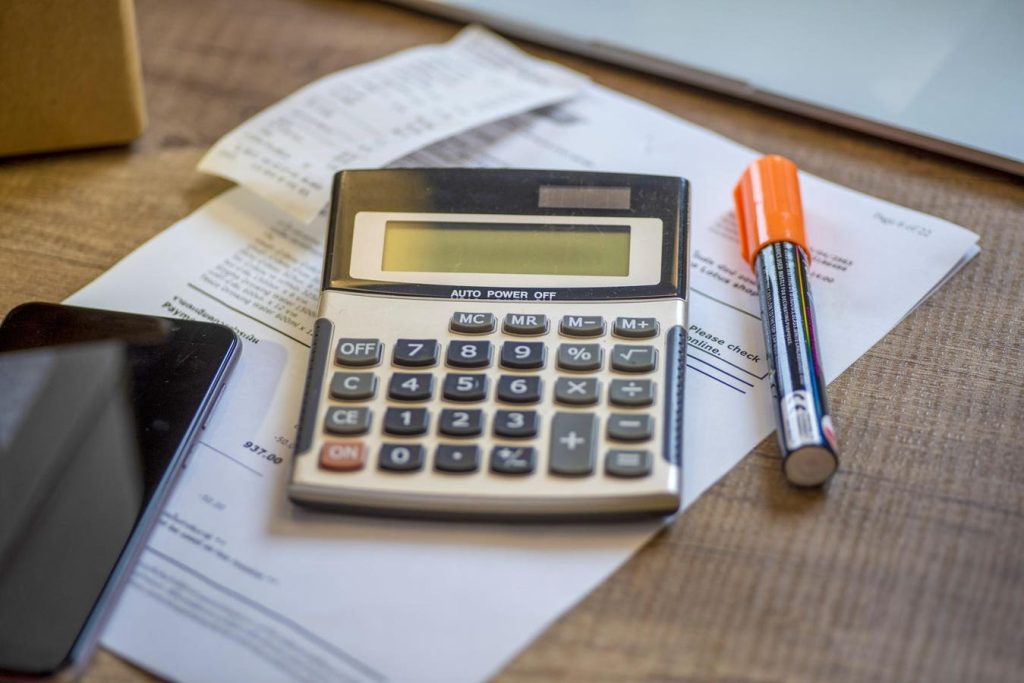Adrian Nazari, Founder and CEO of Credit Sesame, is helping consumers manage their credit. As small business owners navigate tax season, the goal is to optimize tax estimates to avoid overpayments and refunds. However, the volatile economic environment in recent years has made tax planning more challenging, resulting in unexpected tax refunds for many business owners.
If a business owner finds themselves with an unexpected tax refund, paying down business debt can be a strategic move worth considering. By reducing interest expenses, businesses can save money and improve their creditworthiness. This can lead to accessing more favorable borrowing terms as banks tighten their lending standards.
Reducing financial risk is another benefit of paying down business debt. Highly leveraged companies face increased vulnerability in uncertain economic climates. By lightening the debt load, companies can secure credit lines and prepare for potential revenue fluctuations, ultimately positioning themselves ahead in the competitive landscape.
Paying down debt also frees up resources for strategic investments, such as embracing new technologies like artificial intelligence or pursuing opportunistic ventures in a slow economy. However, it is important to assess individual circumstances when deciding how to use a tax refund. If there are better investment opportunities or low cash reserves, other options may be more suitable.
Ultimately, paying down debt with a tax refund can lead to cost savings, improved creditworthiness, reduced financial risk, and the opportunity for strategic investments. The key is making smart, strategic decisions that ensure businesses are not just surviving but thriving. Consult with a licensed professional for advice tailored to your specific situation.


